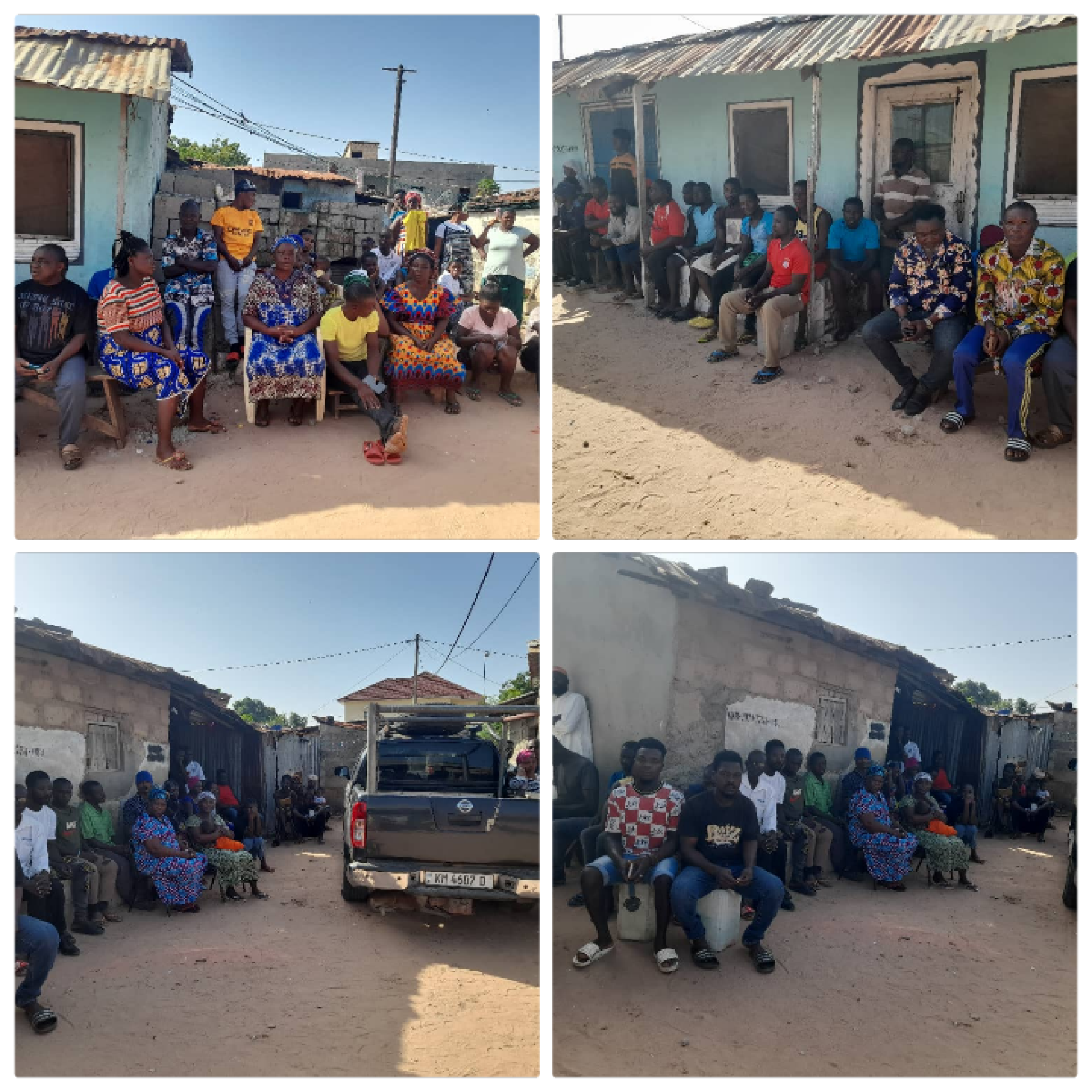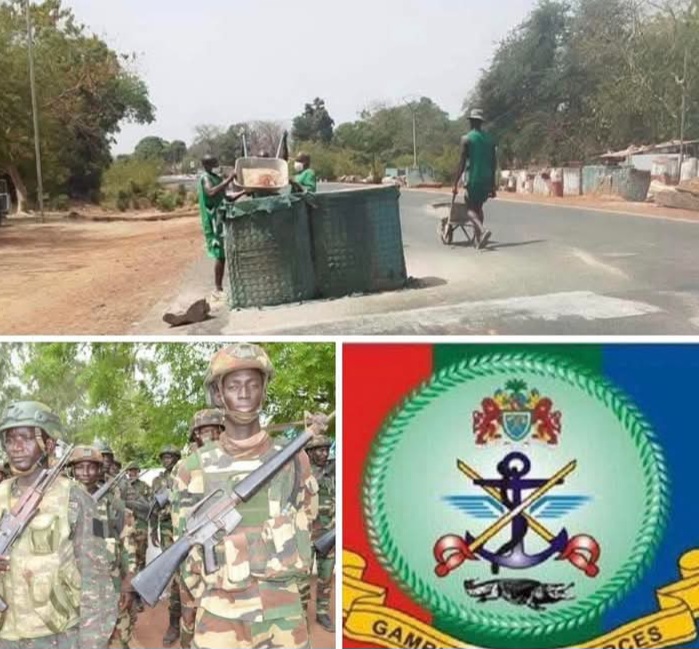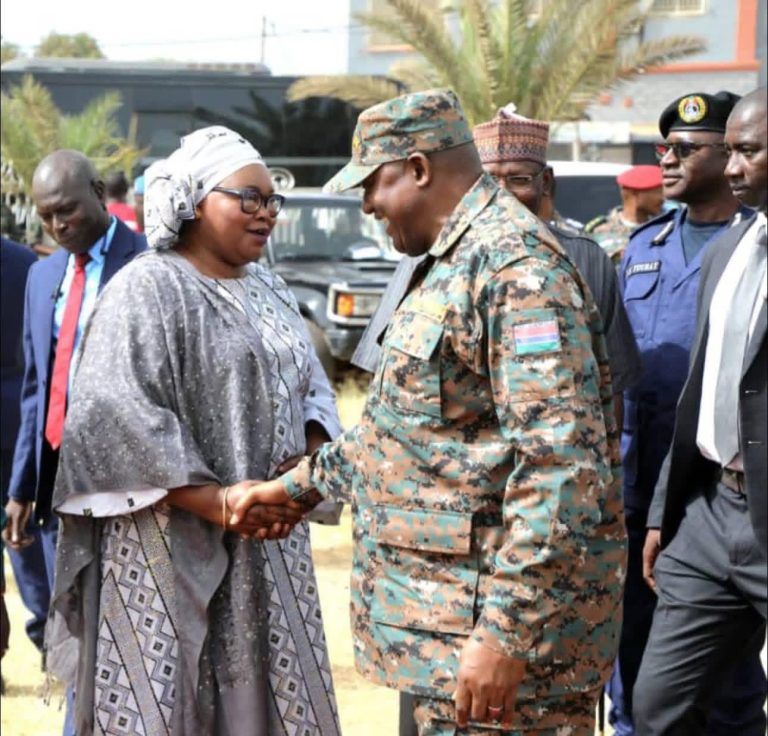
By Sarjo M. Camara
The Gambia Commission for Refugees (GCR), in partnership with The Gambia Immigration Department, and GAFNA on Friday, November 1st ended a week-long assessment of statelessness in Ghana Town, in Brufut, West Coast Region. The initiative is supported by the United Nations High Commission for Refugees (UNHCR).
Ebriama Manneh, Commissioner for GCR said the exercise was a follow-up to the recommendations from the last Executive Meeting of the World Refugees Forum held in Geneva in which he, and Hon. Abdoulie Sanyang, Minister of Interior represented The Gambia.
He said The Gambia draws inspiration from the vision of the ‘I-Belong Campaign’, which calls for concerted efforts by all contracting parties to the 1954 and 1961 Convention to eradicate or reduce statelessness in their states.
“This has symbolic and historical significance hence it helps reshape, reposition and redirect Gambia’s response to this mechanism” said commissioner Manneh.
The Commissioner noted that given that all states that are part of the two conventions are required to promote, respect and protect the principles and objectives of the conventions, the assessment is a gigantic manifestation that The Gambia is fully committed to play a significant role as a global partner.
He urges the Ghana Town community to be law abiding, while reassuring them of government’s commitment to providing affirmative solutions to their long protracted problems.
The Commissioner encourages these special needs community members, while acknowledging the impediment that one faces as a result of either being stateless or being on the brink of being stateless.
He also urged them to cooperate with the numerator and ensure that all requested data and information solicited are provided.
Commissioner Manneh went on to inform the communities that the data once collected, will be analysed, and evaluated and will be subsequently shared with all relevant individuals and institutions.
He thanked the Government of The Gambia and the UNHCR for their continued support to the Commission both in terms of logistics, and capacity building.




